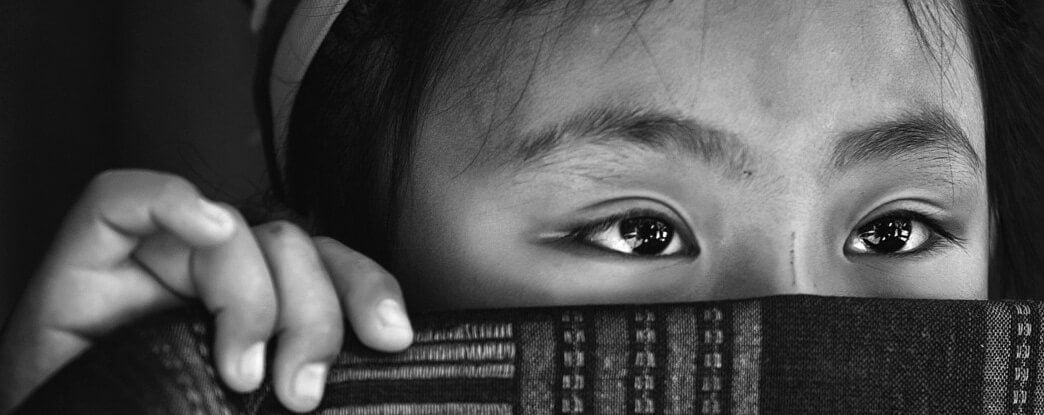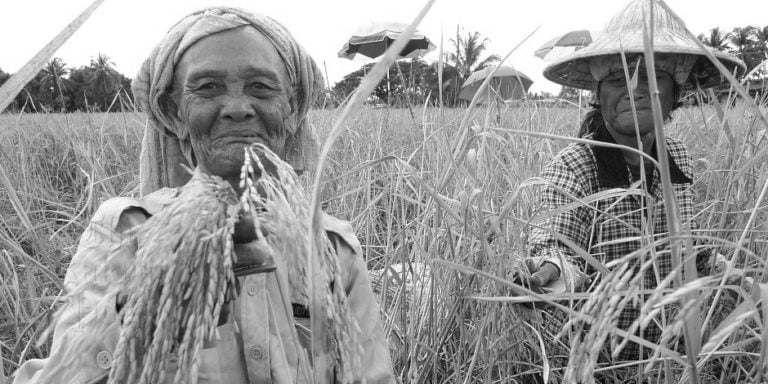Proverbs and wise sayings in relation to rice from China – Common sayings seem to be the roots of any culture. Handled down over generations orally from one to another with their own spin, they can give us insights into worldview.
Traditional values have disappeared or are changed over time, but some proverbs that explicate moral and spiritual wisdom remain with the people. Still told to help educate and pass wisdom down from one to another, they teach a message of behavior or give philosophical wisdom.
They have been defined as the wisdom of many and the wit of one.
Although sayings, like proverbs and maxim may be highly believed and are current in the same culture they ironically often contradict each other.
Enjoy reading.
A typical Chinese greeting instead of “How are you?” is “Have you eaten your rice today?” One is expected to always reply, “Yes” to this greeting.
你吃了吗?
nǐ chī le ma
“Have you eaten?”
An ancient Chinese proverb reads, in a comical manner, this proverb illustrates an important point – rice serves an essential to the people
巧妇难为无米之炊
Qiǎofù nán wéi wú mǐ zhī chuī
Without rice, even the cleverest housewife cannot cook
You won’t get anywhere without equipment.
偷鸡不成蚀把米
tōu jī bù chéng shí bǎ mǐ
to try to steal a chicken only to end up losing the rice used to lure it
粥舍饭
shī zhōu shě fàn
to provide alms and rice
生米做成熟饭
shēng mǐ zuò chéng shú fàn
literally the raw rice is now cooked- it is done and can’t be changed
茶饭不思
chá fàn bù sī
no thought for tea or rice- melancholic and suffering
Confucius already knew, Coarse rice for food, water to drink, and the bended arm for a pillow – happiness may be enjoyed even in these.

And he adds: “There was a man from Sung who pulled at his rice plants because he was worried about their failure to grow”
“Cutting stalks at noon time, Perspiration drips to the earth. Know you that your bowl of rice, Each grain from hardship comes?” Cheng Chan-Pao a Chinese philosopher knows.
And another Chinese Proverb says: “ Even though you have ten thousand fields, you can eat but one measure of rice a day.”
In China, young girls with fussy appetites are warned that every grain of rice they leave in their rice bowls will represent a mark on the face of their future husband.
Death is symbolized by sticking chopsticks into a mound of rice. Chopsticks are placed on the rice bowl at one end as a memorial of the dead at festivals or important family gatherings. Bowls and chopsticks are used for eating rice and other foods in China and Japan. In China and Singapore, a good job is symbolized by an iron rice bowl, and a broken rice bowl means “out of a job.” It also is considered bad luck to upset a rice bowl.
~ ○ ~
Works Cited & Multimedia Sources
- THE MOTHER GODDESS OF FERTILITY AND RICE
- TIMELINE: The story of rice
- MALAYSIA: The Rice Soul- Myths, History and Folklore of RICE Beras or Nasi
- MALAYSIA: Proverbs and wise sayings in relation to RICE Beras or Nasi
- CHINA: On the origin of Rice 稻 – Myths, History and Folklore
- THAILAND: Mae Posop- Myths, History and Folklore of RICE
- THAILAND: Proverbs and wise sayings in relation to RICE K̄ĥāw
- INDIA: Proverbs and wise sayings in relation to RICE Chaaval
- INDIA: Myths, History and Folklore of RICE
- INDONESIA: Myths, History and Folklore of RICE Nasi
- BALI- INDONESIA: Myths, History and Folklore of RICE Nasi
- INDONESIA: FOLK TALES ON RICE
- INDIA: FOLK TALES ON RICE
- CHINA : FOLK TALES ON RICE 稻
- Chinese Idioms. – standardmandarin.
- Rice Culture of China.– China.org edited and translated by Li Jinhu. 2002.
- The 24 Greatest Chinese Food Proverbs for Food Lovers.
Keep exploring:



